Nepal's Phunjo Lama Sets New Fastest Ascent Record for Women on Everest
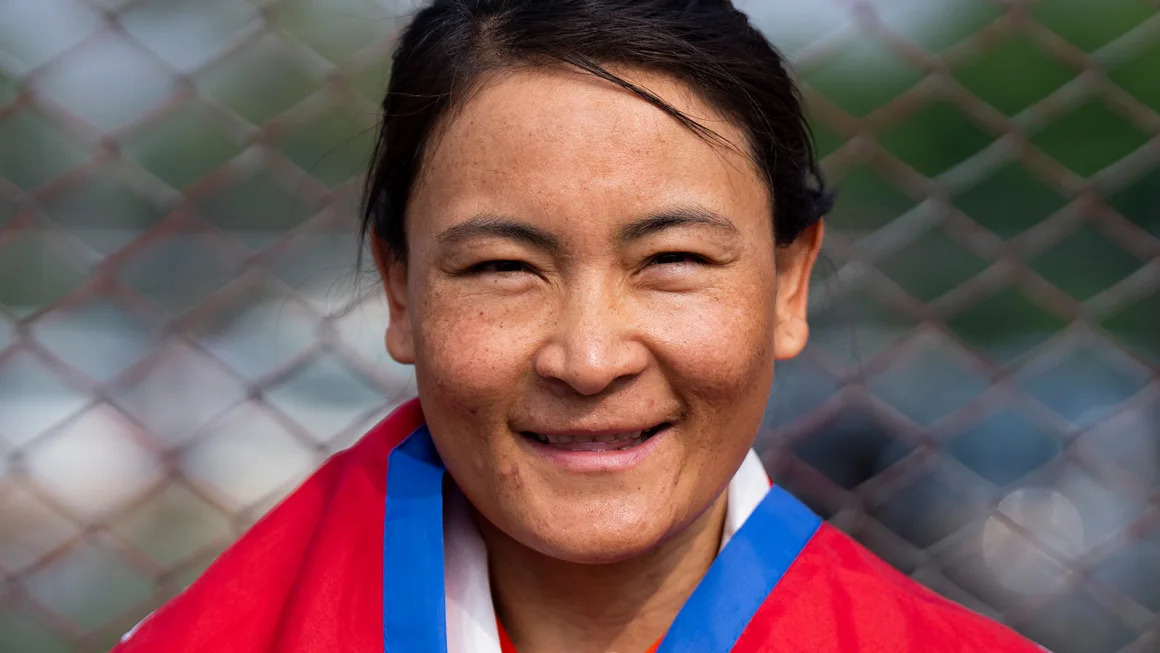
Phunjo Lama, hailing from Nepal, has just made history by clinching the title for the fastest female ascent of Mount Everest. Her clock stopped at 24 hours and 26 minutes, a feat accomplished without a single pit stop for sleep.
"I'm sure my dream will come true," Lama confidently states.
Her journey commenced from Everest Base Camp at 3:52 p.m. on May 23. It was a relentless climb of 14 hours and 31 minutes to reach the summit, followed by a grueling descent of nine hours and 18 minutes. By the break of dawn on the following day at 6:23 a.m., she stood atop the world's highest peak.
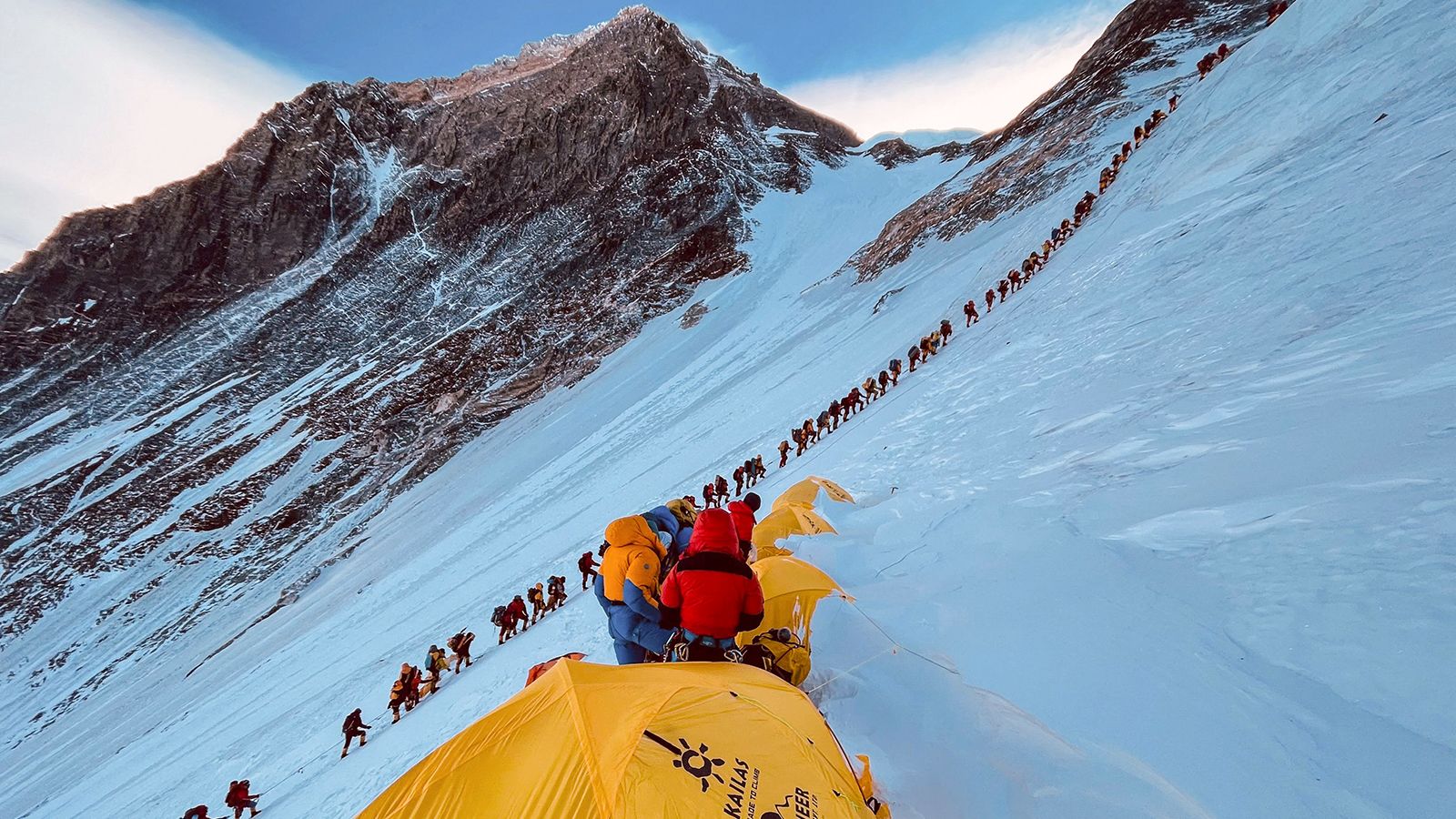
"I've never felt more determined," Lama recalls her mindset during the climb.
Mount Everest's unforgiving terrain and narrow climbing season present significant challenges.
Lama's strategy was key. To avoid the long lines of climbers that can plague Everest, she embarked on a daring night climb. This tactic bypassed the estimated 6,700 climbers between key camps, allowing her a smoother ascent.
"I knew the night climb would give me an edge," she explains.
Before the attempt, Lama spent three weeks preparing at Base Camp, accompanied by her climbing partner, Samantha McMahon, who shares the ambition of conquering all 8,000-meter peaks.
"Teamwork was crucial," McMahon remarked on their partnership.
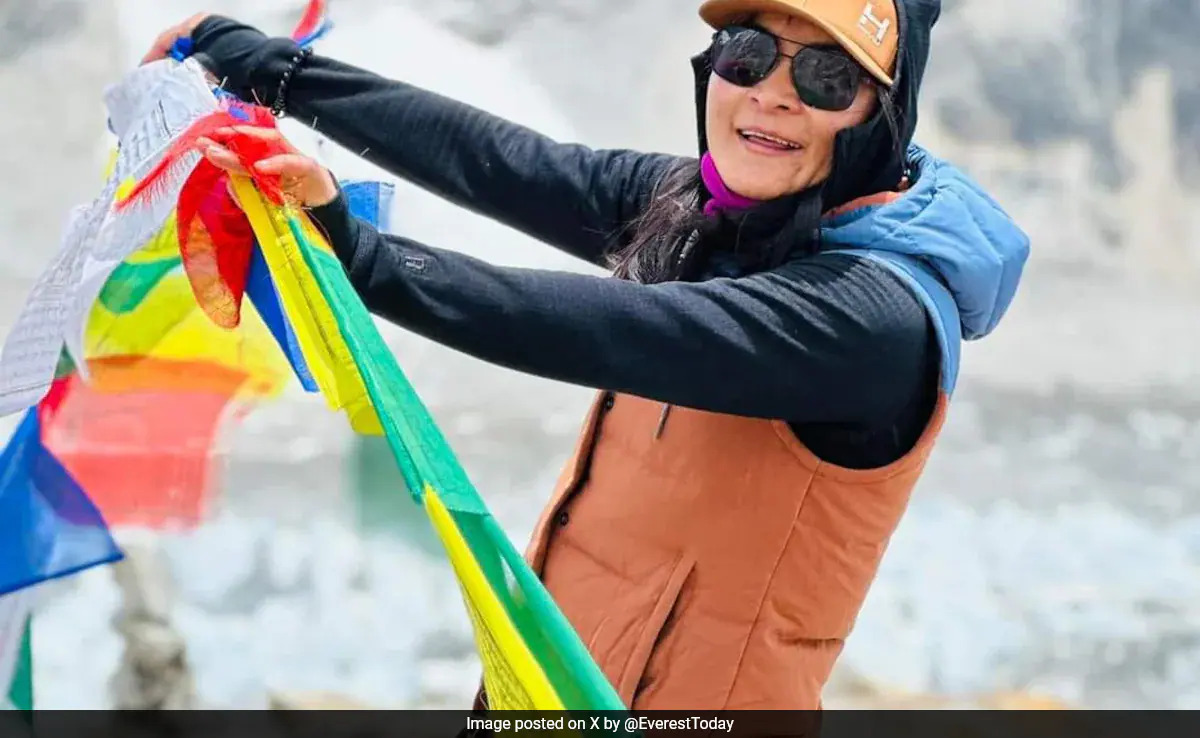
Standing at a towering 8,849 meters (29,032 feet), Mount Everest demands respect. Lama's achievement marks her second attempt at the summit. In 2018, she held the record for the fastest round-trip journey (as recognized by Guinness World Records) at 39 hours and six minutes.
However, Ada Tsang of Hong Kong broke that record in 2021, completing the climb in 25 hours and 50 minutes.
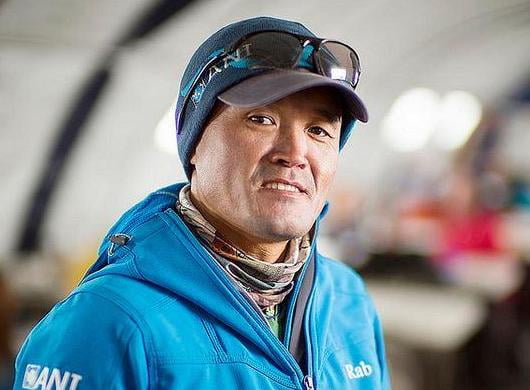 Notably, Nepali climber Lhakpa Gelu Sherpa holds the current fastest ascent record for men at 10 hours and 56 minutes (set in 2003), Lama's accomplishment is an equally impressive feat of endurance.
Notably, Nepali climber Lhakpa Gelu Sherpa holds the current fastest ascent record for men at 10 hours and 56 minutes (set in 2003), Lama's accomplishment is an equally impressive feat of endurance.
"It's not about the records for me," Lama humbly states.
Lama's story goes beyond records. Raised in a remote Himalayan village surrounded by towering peaks, Lama feels a natural kinship with these giants. This connection, along with her upbringing at high altitude, may contribute to her exceptional climbing skills.
Despite speaking only a local dialect initially, she embraced Nepali and English after moving to Kathmandu as a teenager.

"Mountains are my sanctuary," Lama reflects on her bond with the peaks.
While her climbing clientele skews predominantly male, with a ratio of 75% to 25% females, Lama dreams of gender parity in mountaineering.
"A mountain never says that you are a woman and you are a man. Which is why I like mountains because a mountain is always equal", says Lama.
Lama has previously reached the summit of Alaska's Denali, the highest peak in North America, and now aims to conquer K2 in Pakistan, the world's second-highest mountain.
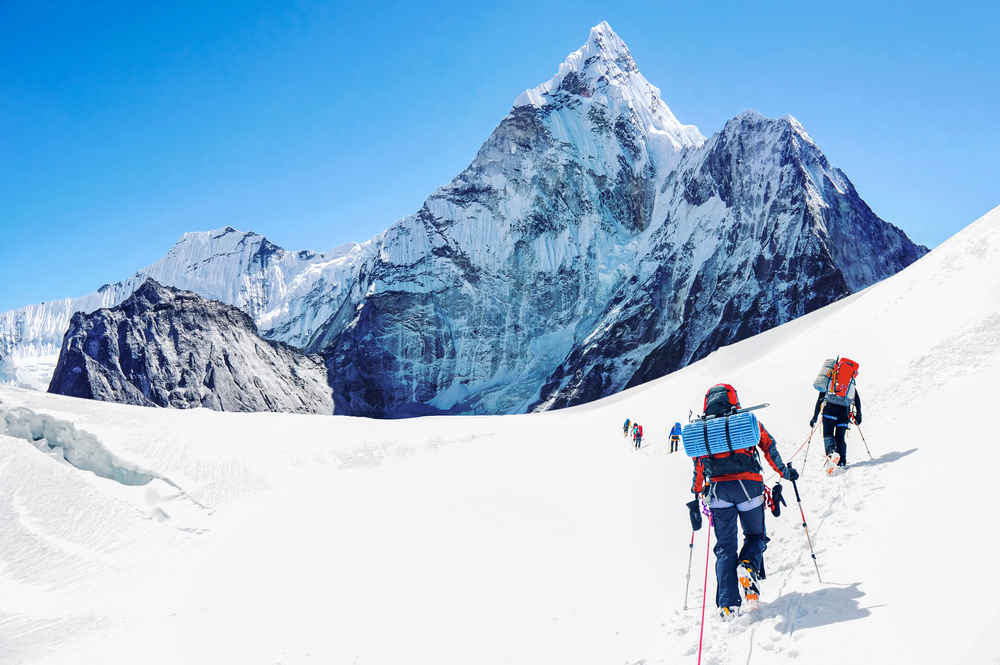
The 2024 climbing season on Mount Everest has introduced several changes to enhance safety and mitigate environmental concerns.
For the first time, all climbers were required to wear tracking chips during their trip. This innovation aims to facilitate easier location and rescue of lost climbers, enhancing overall safety on the mountain.
Climbers were required to collect and remove their human waste in plastic bags, addressing the long-standing issue of trash, including human waste, accumulating on the mountain. This measure aims to reduce the environmental impact of the increasing number of climbers.




